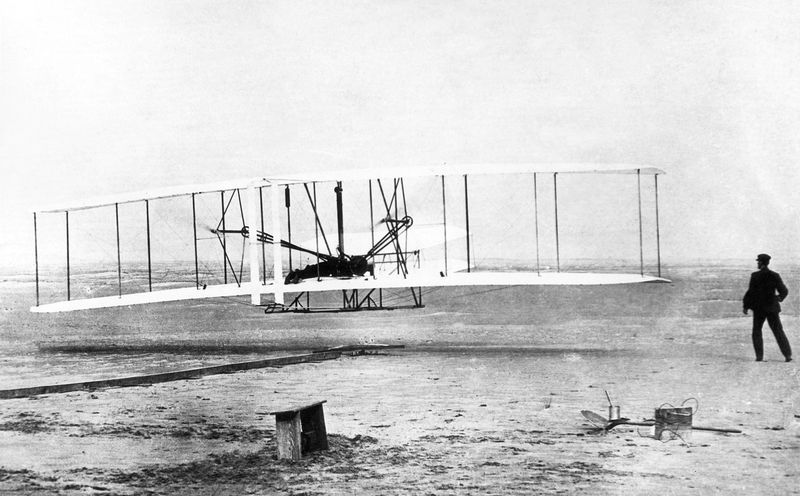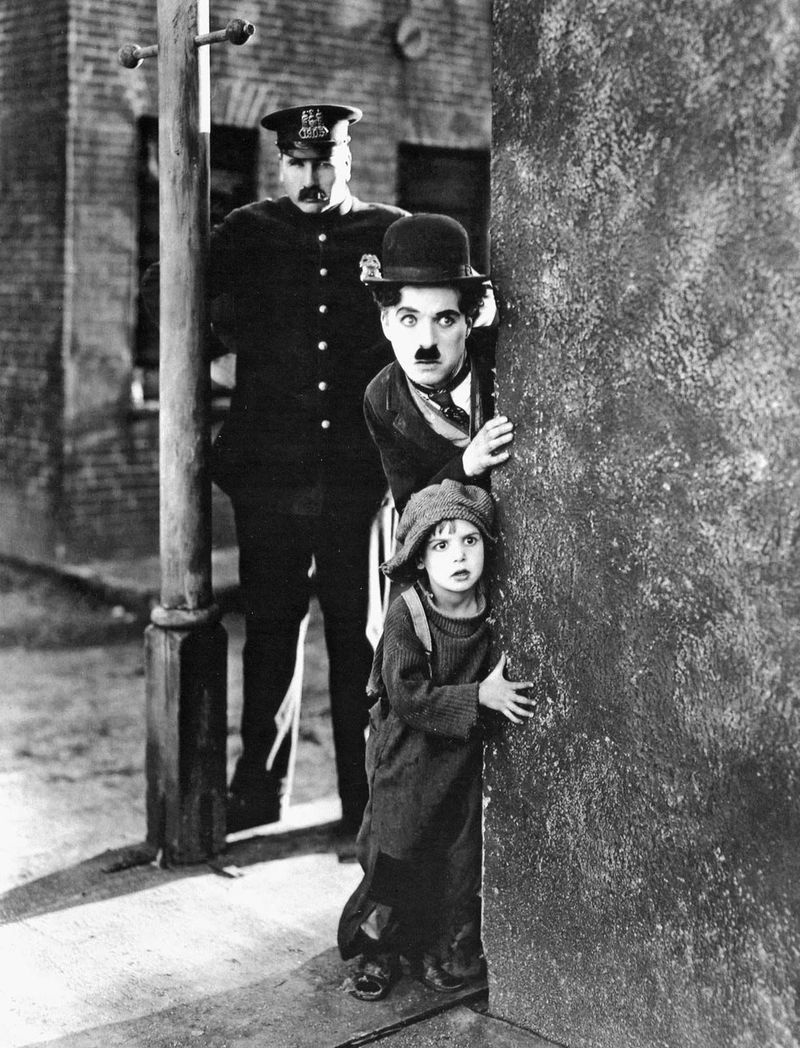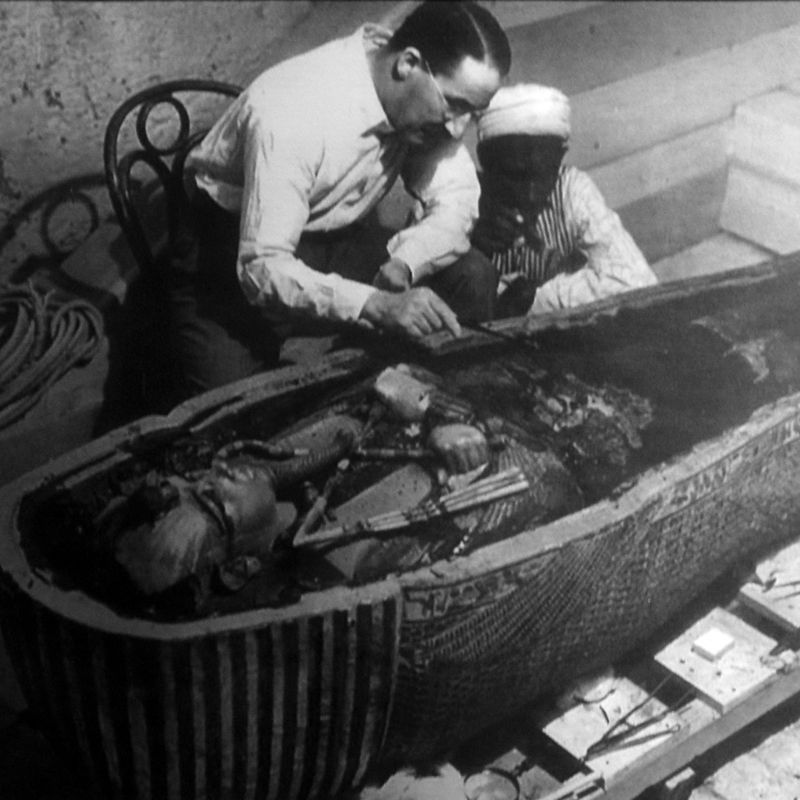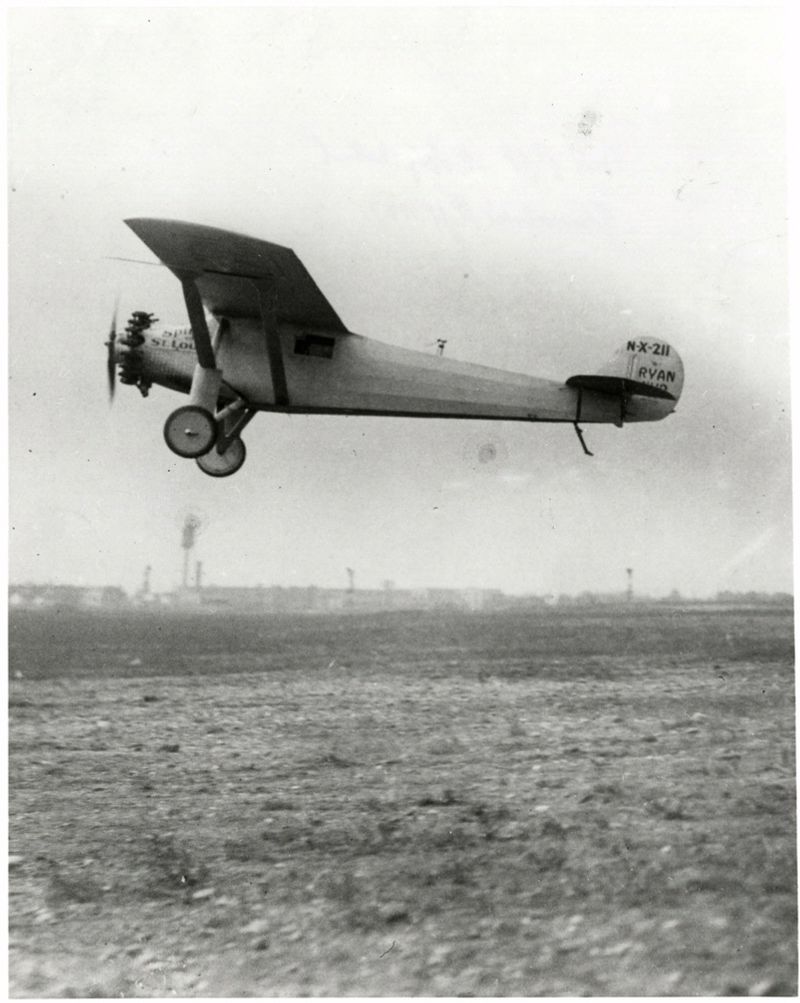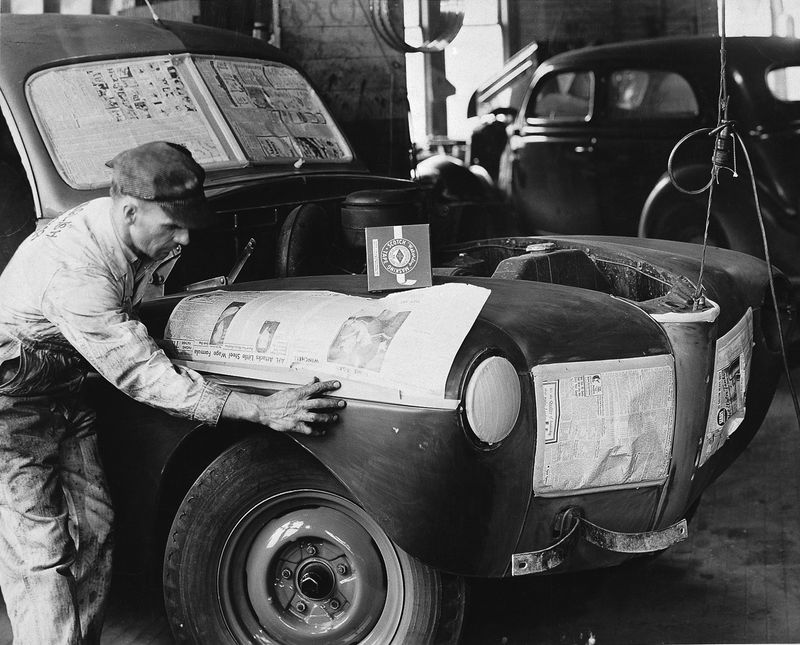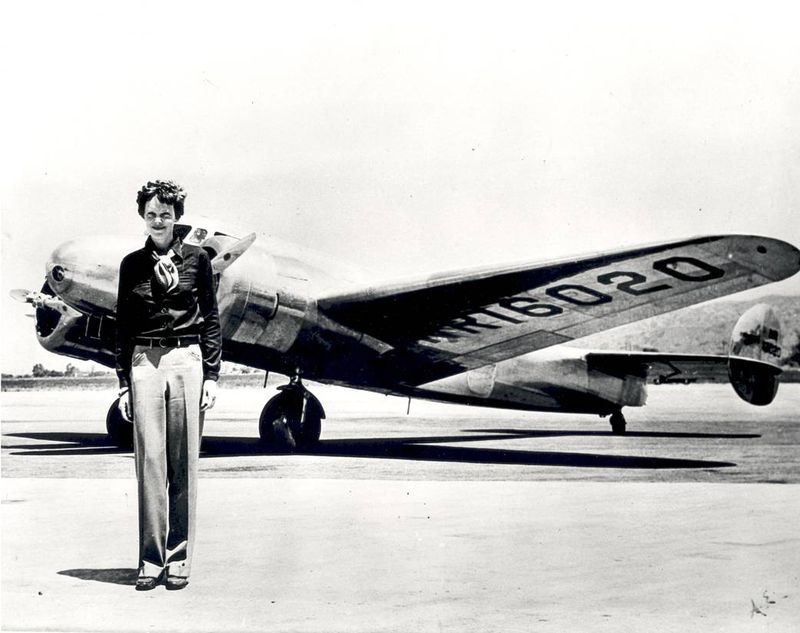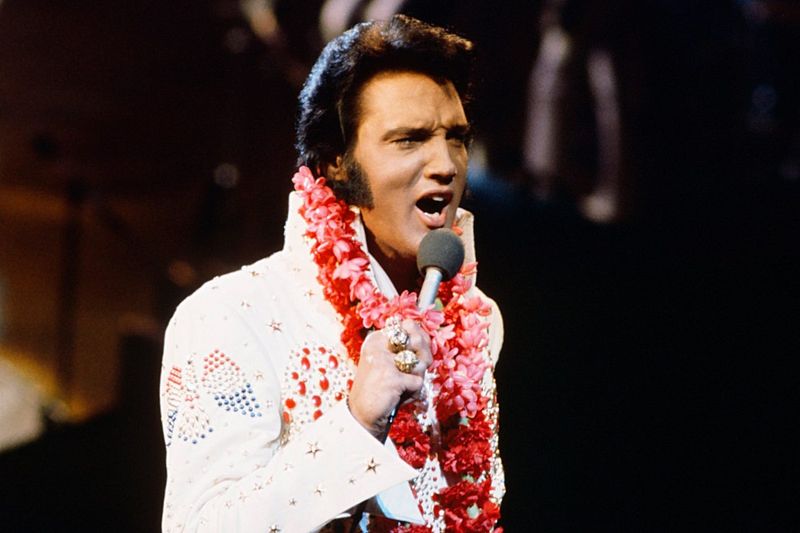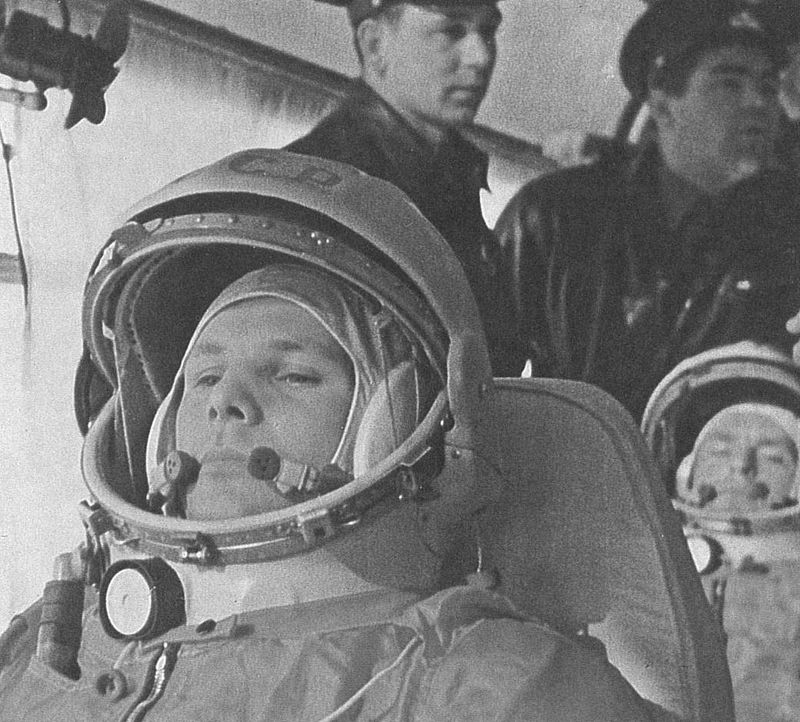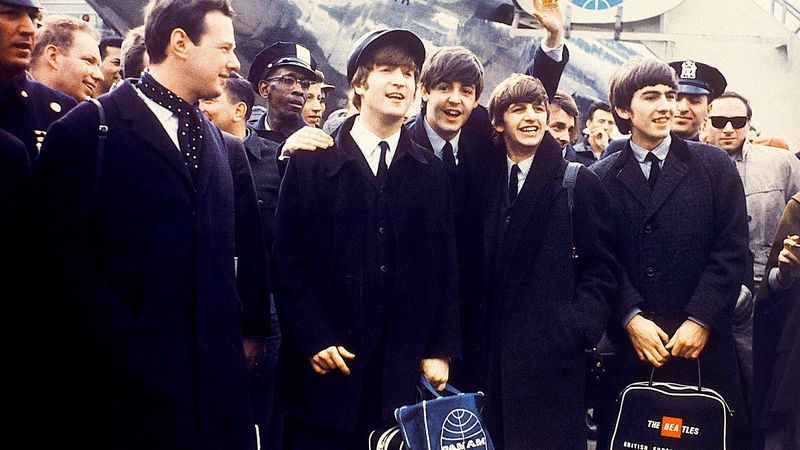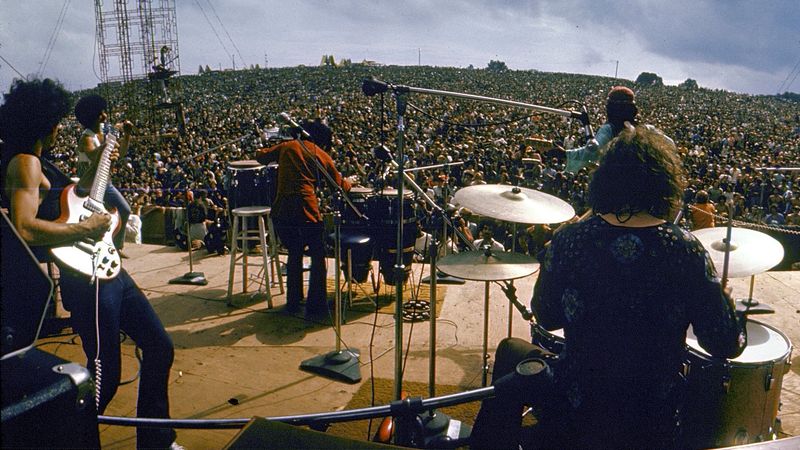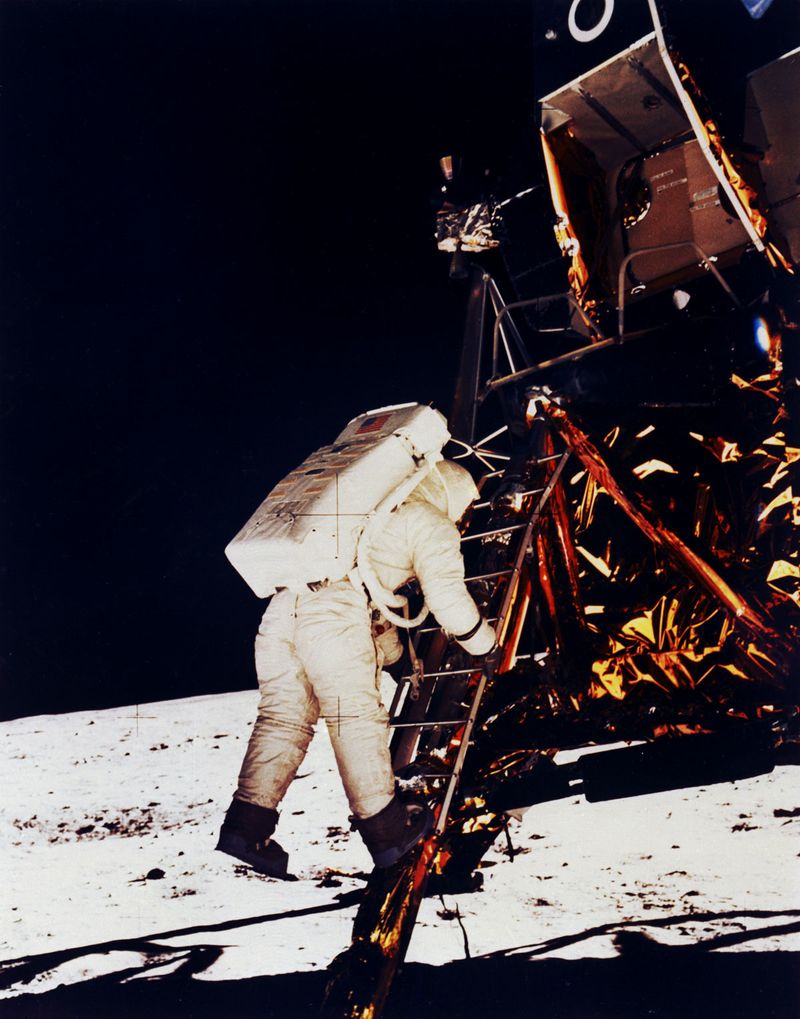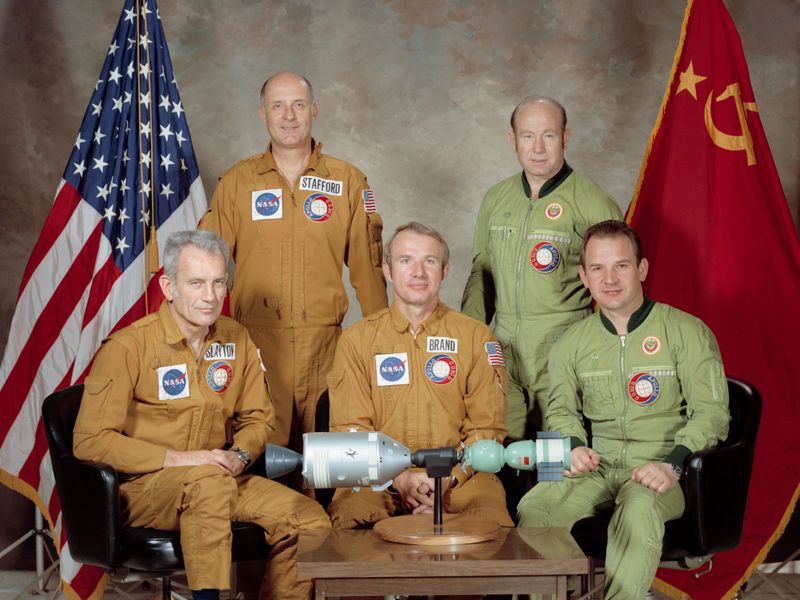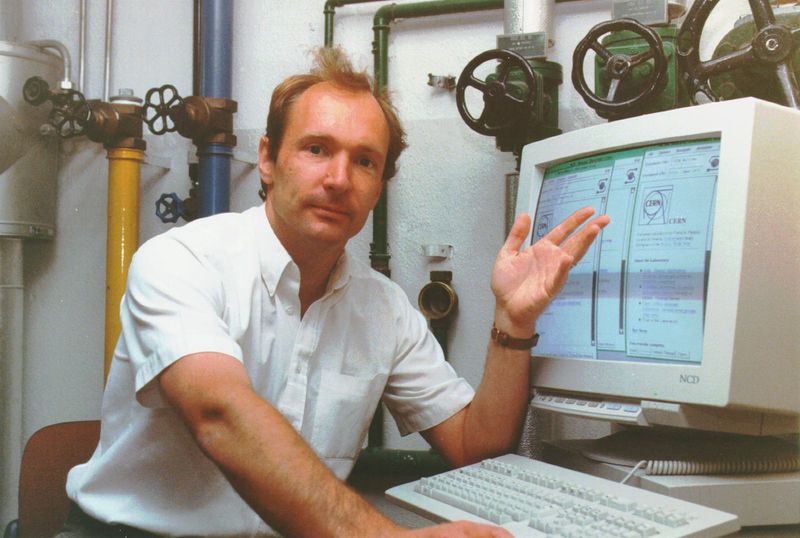17 Iconic Cultural And Historical Moments Seen From A Different Angle
Explore a captivating look at 18 iconic cultural and historical moments from the 20th century, each viewed through a unique lens.
This journey spans significant events that shaped our world, highlighting fascinating perspectives that bring new insights into their significance.
From groundbreaking achievements to unforgettable cultural milestones, this collection offers a fresh take on history, steering clear of the tragic while celebrating the remarkable and the inspiring.
Join us as we delve into these intriguing stories, delivering a blend of humor, curiosity, and enlightening anecdotes.
1. Wright Brothers’ First Flight
On a windy morning in 1903, the sands of Kitty Hawk witnessed a dream take flight. Orville and Wilbur Wright, two bicycle mechanics with a penchant for soaring ambitions, orchestrated the first powered flight. It was a modest 12-second hover above the dunes, but its impact was monumental.
Picture this: a rickety contraption defying gravity, while the inventors cheered in jubilation. From those humble beginnings, aviation has soared to unimaginable heights, forever changing how we connect with the world.
It was a truly historical moment that a lot of people now wish they could have participated in.
2. Women’s Suffrage Parade of 1913
Amidst a sea of sashes and banners, the 1913 Women’s Suffrage Parade in Washington D.C. became a spectacle of determination. Thousands of women, demanding their right to vote, took to the streets in a vibrant procession.
Their resolve was unyielding, their voices loud and clear. This wasn’t just a march; it was a pivotal moment in the fight for equality, setting the stage for the eventual passage of the 19th Amendment.
A century later, their courage continues to inspire, reminding us of the power of collective action.
3. Charlie Chaplin’s “The Kid” Release
In 1921, film audiences were charmed by a comedic genius and a scrappy kid. Charlie Chaplin’s “The Kid” debuted, blending humor with poignant social commentary.
Chaplin’s signature slapstick antics intertwined with the heartwarming bond between his character, the Tramp, and a young orphan. It was more than just a film; it was a pioneering work that showcased cinema’s potential to evoke laughter and tears simultaneously.
This classic solidified Chaplin’s legend, proving that film could be a powerful narrative art form, resonating through generations. You will be hard pressed to find a person today who doesn’t know who Charlie Chaplin is.
4. Discovery of King Tutankhamun’s Tomb
In the golden sands of 1922 Egypt, an ancient secret was unearthed. Archaeologist Howard Carter’s discovery of King Tutankhamun’s tomb dazzled the world with its opulent treasures.
Behind the excitement lay a meticulous and laborious excavation process, revealing a young pharaoh’s resting place virtually untouched by time.
The artifacts provided invaluable insights into ancient Egyptian civilization, captivating historians and the public alike. It was one of the most important historic discoveries ever.
Carter’s discovery remains a symbol of archaeological triumph, a testament to curiosity and perseverance against the odds, and a thrilling peek into the past.
5. First Solo Transatlantic Flight
The year 1927 marked a skyward leap as Charles Lindbergh achieved the first solo nonstop transatlantic flight. Navigating through fog and fatigue, Lindbergh’s daring journey from New York to Paris captured global attention.
His aircraft, the Spirit of St. Louis, became an emblem of human tenacity. This monumental feat not only advanced aviation but also connected continents like never before.
It’s safe to say that there was a lot of skepticism back then about the possibility of this endeavor.
Nevertheless, Lindbergh’s flight inspired a generation to explore new horizons, reminding us that the seemingly impossible could indeed be achieved with courage and determination.
6. Invention of Scotch Tape
In the sticky world of 1930, Richard Drew’s innovation kept things together—literally. The invention of Scotch Tape revolutionized how we bind, fix, and mend everyday items.
This transparent adhesive wonder was born out of a need for a better masking tape. Drew’s creation quickly became an indispensable household tool, offering a simple yet effective solution for myriad tasks.
Beyond its practicality, Scotch Tape is a testament to innovation sparked by necessity, proving that even the smallest inventions can leave a lasting impact on our daily lives.
7. Amelia Earhart’s Record Flight
In 1932, Amelia Earhart soared into history as the first woman to fly solo across the Atlantic. Her daring feat not only shattered records but also societal expectations.
Earhart’s journey was fraught with challenges, from navigating treacherous weather to overcoming mechanical malfunctions. Yet, her indomitable spirit remained unfazed.
Her flight was more than a personal triumph; it was a beacon of possibility for women everywhere, inspiring a legacy of empowerment and adventure. Earhart’s story continues to remind us of the heights that can be achieved with perseverance.
8. Rock ‘n’ Roll’s Birth
The 1950s heralded a seismic shift in music as rock ‘n’ roll burst onto the scene. With its electric melodies and rebellious spirit, this genre spoke to a new generation.
Elvis Presley, the crowned King of Rock ‘n’ Roll, epitomized this cultural revolution. His energetic performances and charismatic presence captivated audiences, breaking barriers and bringing people together through the universal language of music.
Rock ‘n’ roll’s birth was more than a musical trend; it was a cultural movement, reshaping identities and echoing the pulse of youthful defiance.
9. First Human Spaceflight
April 12, 1961—Yuri Gagarin became the first human to orbit the Earth, a monumental leap for mankind. His journey aboard Vostok 1 lasted just 108 minutes, yet its impact was astronomical.
While it’s impossible to even imagine what it was like for Gagarin to fly into space, he was the first one to do it and that took immense courage. It has immortalized him in human history.
Gagarin’s mission not only marked a triumph in the space race but also united humanity in awe and wonder. His flight symbolized the boundless possibilities of exploration and the human spirit’s insatiable curiosity.
Gagarin’s legacy continues to inspire generations, reminding us that the sky is not the limit but merely a starting point for discovery.
10. Beatles’ First U.S. Visit
In 1964, the Beatles descended upon America, igniting a musical fervor known as Beatlemania. Their arrival at JFK Airport was met with hordes of adoring fans, heralding a cultural revolution.
John, Paul, George, and Ringo captured hearts with their harmonious tunes and charismatic charm. This wasn’t just a band visiting a new country; it was a transatlantic exchange of culture that would forever change the music landscape.
The Beatles’ first U.S. visit marked the beginning of a global phenomenon, inspiring countless musicians and shaping the future of pop culture.
11. Woodstock Music Festival
In 1969, the Woodstock Music Festival emerged as a defining moment of the counterculture movement. Over half a million people flocked to a New York farm for three days of peace, love, and music.
The festival became a symbol of unity and expression amidst a tumultuous era. Legendary performances by artists like Jimi Hendrix and Janis Joplin echoed the spirit of rebellion and change.
I can’t even imagine what it was like there at the time. It must have been an overwhelming feeling.
Music is always great at getting people together. Woodstock was more than just a music event; it was a cultural milestone that encapsulated the aspirations and ideals of a generation seeking harmony and freedom.
12. Moon Landing
July 20, 1969—Neil Armstrong’s words, “That’s one small step for man,” heralded humanity’s unprecedented achievement: landing on the moon.
The Apollo 11 mission signified the culmination of human ingenuity, exploration, and ambition. As Armstrong and Buzz Aldrin explored the lunar surface, they transcended terrestrial boundaries, inspiring a sense of collective pride and wonder.
Even though the success of this historical moment has yet to be matched, many great people are working to make this a possibility again and I believe it is only a matter of time.
The moon landing was a testament to what humans could achieve when reaching for the stars, serving as a reminder of our potential to overcome challenges and explore the unknown.
13. Apollo-Soyuz Test Project
In 1975, the Apollo-Soyuz Test Project marked a historic handshake between American and Soviet astronauts in space. It signified a thaw in Cold War tensions and a collaboration without borders.
This unprecedented mission underscored the potential for peace and cooperation, even amidst geopolitical rivalries. The joint spaceflight was more than a scientific endeavor; it was a hopeful gesture towards a united future.
The Apollo-Soyuz Test Project remains a beacon of diplomacy and scientific partnership, highlighting the transformative power of collaboration beyond earthly conflicts.
14. Launch of MTV
The year 1981 saw the birth of MTV, a channel that revolutionized the music industry. With “Video Killed the Radio Star” as its inaugural broadcast, MTV brought music videos into living rooms worldwide.
This new platform transformed how audiences consumed music, emphasizing visual storytelling alongside sound. MTV became a cultural touchstone, influencing fashion, trends, and the rise of iconic music personalities.
Its launch marked a pivotal shift in media, redefining entertainment and connecting fans with their favorite artists in a dynamic and innovative way.
15. Fall of the Berlin Wall
In 1989, the Berlin Wall—an emblem of division—crumbled, ushering in an era of reunification and hope. The fall of the wall symbolized more than the end of a physical barrier; it marked the triumph of unity over separation.
Jubilant crowds celebrated as they dismantled the concrete symbol of the Cold War, paving the way for a new chapter in history.
The event was a poignant reminder of the power of resilience and solidarity, highlighting the potential for reconciliation and progress in overcoming discord.
16. Invention of the World Wide Web
1989 brought about a technological revolution with Tim Berners-Lee’s invention of the World Wide Web. This breakthrough transformed how information was shared, making the vastness of knowledge accessible to all.
Berners-Lee’s innovation paved the way for the digital age, connecting people and ideas across the globe. The web’s creation redefined communication, education, and commerce, opening endless possibilities.
It stands as a testament to human creativity and the relentless pursuit of progress, fundamentally altering the landscape of modern society and shaping the future.
It would be hard to imagine the world without this invention. It has changed our lives in so many ways that it’s hard to even remember what it was like before it.
17. Nelson Mandela’s Release
In 1990, Nelson Mandela emerged from Victor Verster Prison, a symbol of triumph over oppression. After 27 years of incarceration, his release marked a turning point in South Africa’s fight against apartheid.
Mandela’s unwavering commitment to justice and reconciliation inspired a nation and the world. His journey from prisoner to leader reflected resilience and hope, paving the path toward a democratic South Africa.
Mandela’s release was not just a personal victory; it represented a significant step towards equality and freedom, embodying the spirit of perseverance and change.

